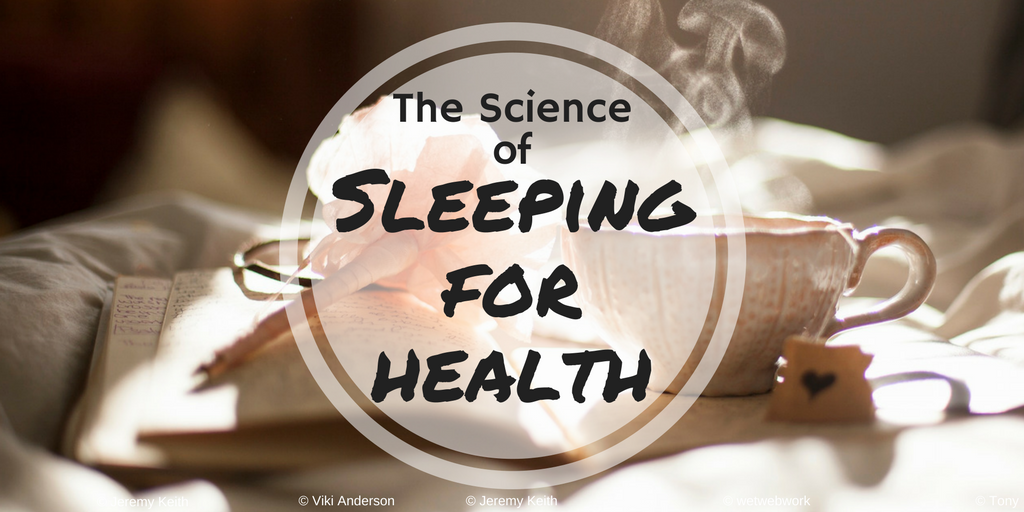
We love bed times. Nothing beats a good night’s sleep, but it isn’t always so easy to get one so we’ve put together some of our favourite sleep facts and tips from three of our health books. If you’re catching more AAAAAH!s than ZZZZZZs we hope this blog can help you find the sleep of your dreams.
Prepare to snooze or prepare to lose
Ensure that you don’t eat within three hours of bedtime – easy to say, possibly harder to do. I know many people who snack in front of the TV in the evenings. Watching TV late in the evening can interfere with your sleep patterns, and we need that surge of human growth hormone that occurs shortly after we fall into deep sleep. Reading, or meditation, to calm the mind prior to going to bed allows the body to go into sleep mode more naturally. Eating too close to bedtime also causes a surge in cortisol, the stress hormone that we know is bad for bones, so don’t fall into this trap. If you have trouble sleeping, try a camomile or valerian tea before bed. These herbs are non-addictive and have no adverse side effects.
– Love Your Bones: the essential guide to ending osteoporosis and building a healthy skeleton by Max Tuck
Food, water…sleep?
Humans evolved to sleep when it is dark and wake when it is light. Sleep is a form of hibernation when the body shuts down in order to repair damage done through use, to conserve energy and to hide from predators. The normal sleep pattern that evolved in hot climates is to sleep, keep warm and conserve energy during the cold nights and then to sleep again in the afternoons when it is too hot to work and to hide away from the midday sun. As humans migrated away from the Equator, the sleep pattern had to change with the seasons and as the lengths of the days changed.
After the First World War a strain of Spanish ‘flu swept through Europe killing 50 million people worldwide. Some people sustained neurological damage and for some this virus wiped out their sleep centre in the brain. This meant they were unable to sleep at all. All these unfortunate people were dead within two weeks and this was the first solid scientific evidence that sleep was as essential for life as food and water. Indeed, all living creatures require a regular ‘sleep’ (or period of quiescence) during which time healing and repair take place. You must put as much work into your sleep as your diet. Without a good night’s sleep on a regular basis all other interventions are undermined.
– Prevent and Cure Diabetes: Delicious diets, not dangerous drugs by Sarah Myhill and Craig Robinson
Sleep and mental health
When sleep requirements are not being met on an ongoing basis, teenagers will present with fatigue, low energy, exhaustion, and a lack of motivation. It is generally recommended that teenagers get eight to 10 hours’ quality sleep a night. This is vital for the body to relax, repair and refuel. Lack of sleep has a domino effect and impedes mental and physical wellbeing, inviting the onset of self-defeatist syndrome. As I have said already, parents are advised to take their child to a GP to rule out any organic causes of fatigue. In instances where no organic cause is established it is highly likely that the Gremlin has moved in. The Gremlin loves and thrives on the darkness. It becomes alert and active, coming out to play its evil games at night when we are programmed to relax, unwind and fall into a peaceful slumber. The Gremlin is very powerful and demanding, wanting to keep us awake, bolstering and encouraging negative thinking, which leads to rumination, tossing and turning and feeling like our head is going to explode! Thoughts are negative, racing and exhausting. It is vital that teenagers who have been taken hostage by the Gremlin receive appropriate support and professional intervention so they may be facilitated in developing the tools and techniques needed to evict the Gremlin.
– Overcoming Self-Harm and Suicidal Thoughts: a practical guide for the adolescent years by Liz Quish
